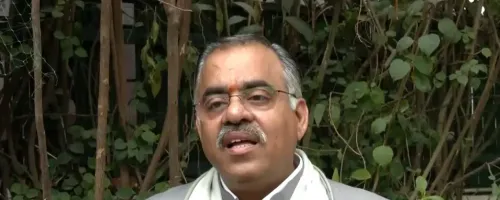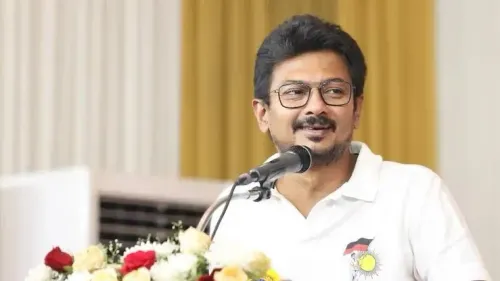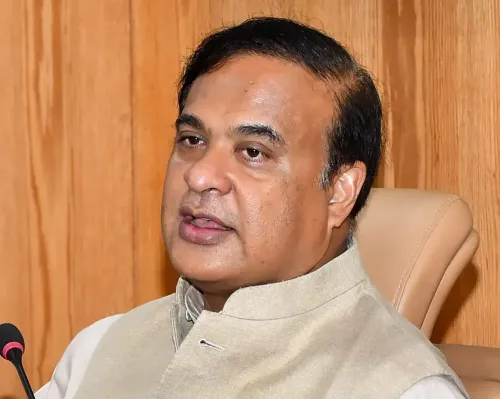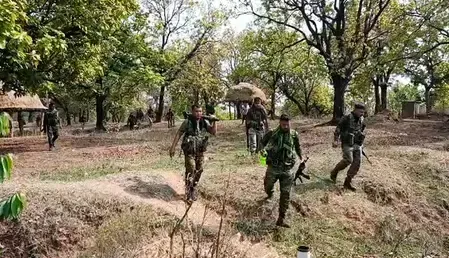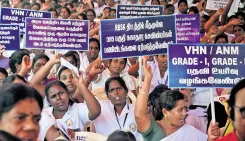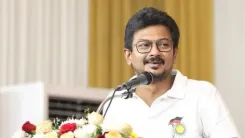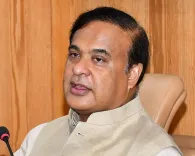Is Congress Reviving the Caste Census Debate?
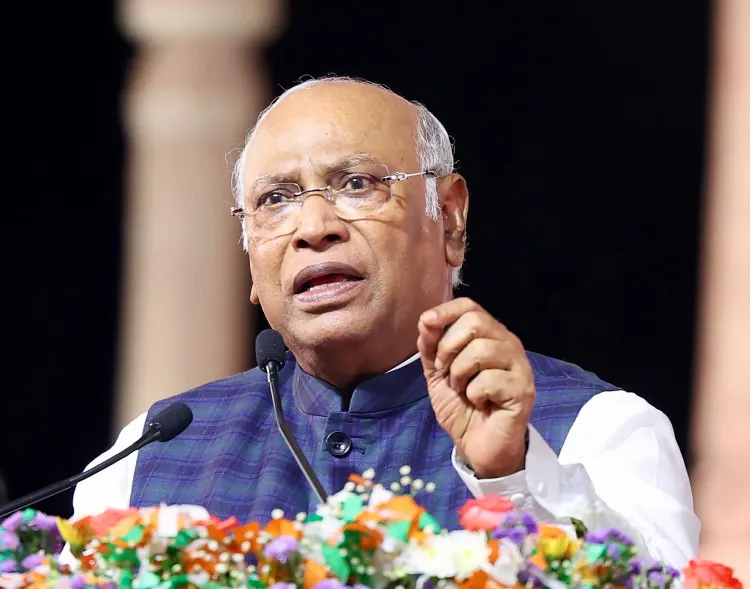
Synopsis
Key Takeaways
- Congress is renewing its push for a caste census.
- Implementation of Article 15(5) is a key demand.
- Revisiting the 50% cap on reservations is crucial.
- The Telangana model serves as a blueprint for transparency.
- Social justice discussions need to transition from slogans to actionable policies.
New Delhi, May 23 (NationPress) In a significant move for caste census advocacy, Congress president Mallikarjun Kharge on Friday shared a comprehensive strategy with the party's 140 spokespersons, emphasizing the party's dedication to this crucial social issue.
"Each of you represents our party's voice and thoughts. As the nation increasingly acknowledges the importance of a caste census, it is our duty to present this topic to the public with factual information, sensitivity, and courage," Kharge stated during his address to the spokespersons.
He further articulated that as discussions around social justice gain momentum, it is imperative for Congress to steer this dialogue from mere slogans to actionable policies, transforming the principle of 'jitni abadi, utna haq' (proportionate quota to population) into a national commitment.
In a video message aimed at the spokespersons, Kharge elaborated on future strategies related to the caste census.
"We must urgently advocate for the implementation of Article 15(5) of the Constitution to ensure reservation for OBC, Dalit, and Adivasi students in private educational institutions," he asserted.
With a significant number of educational institutions now in the private sector, denying these communities access is a form of injustice, he remarked, adding, "The Congress firmly believes that a society cannot achieve equality without equal educational opportunities."
Kharge also underscored the necessity of revisiting the current 50% cap on reservations.
"It is crucial to reassess the 50% reservation limit in light of new data. As social dynamics evolve and new data emerges, our policies must adapt accordingly. The present reservation cap should be evaluated through the lens of both data and justice, ensuring that OBC, Dalit, and Adivasi communities receive their rightful share," he explained.
Additionally, Kharge highlighted the caste census model established by the party's government in Telangana.
"The caste survey in Telangana exemplified a participatory model involving society, experts, and government. We urge the central government to adopt a similar transparent and public-oriented approach. We stand ready to assist in this endeavor," he concluded.


